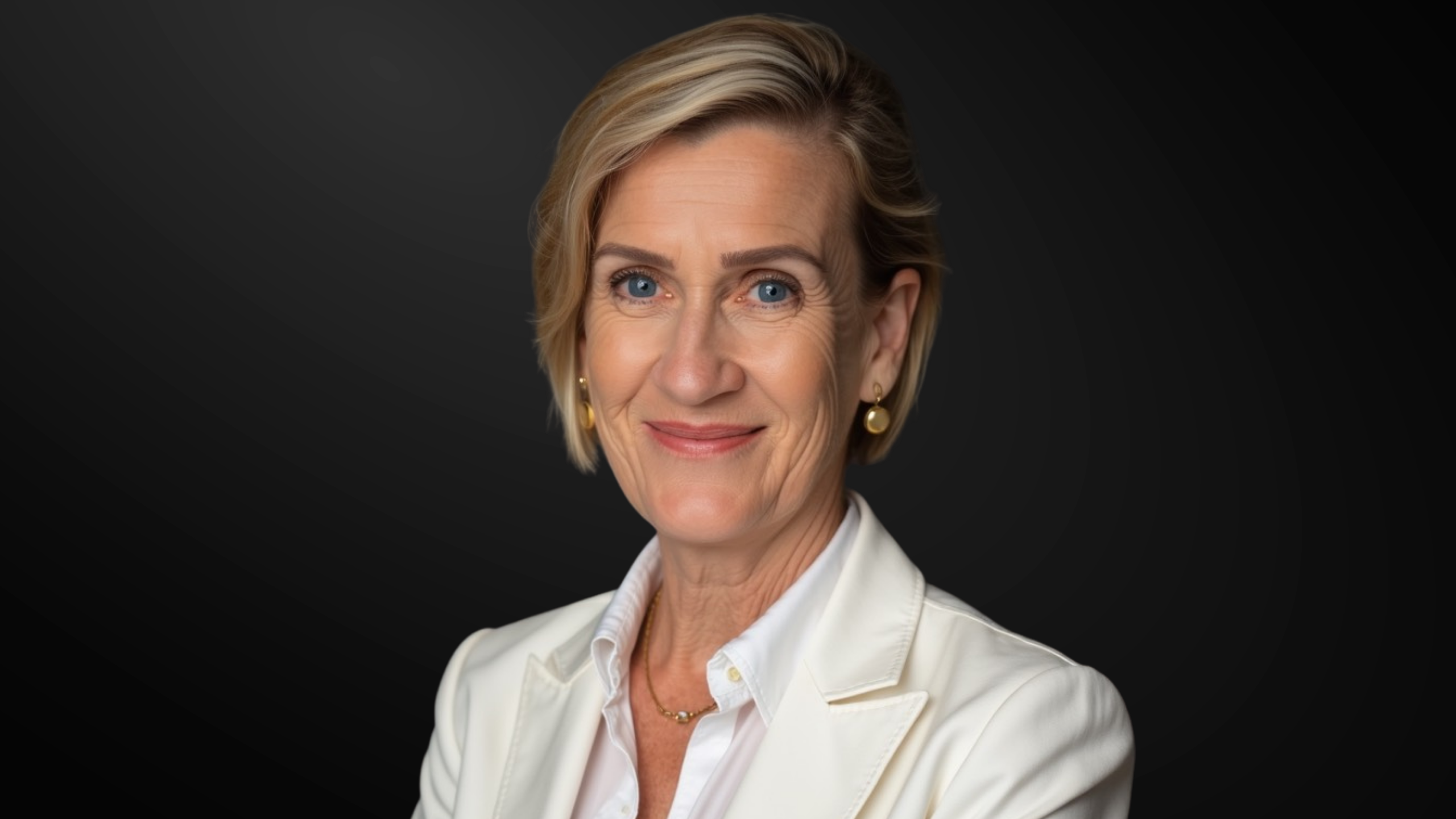See More (296)
296 results showing for '[]'
296 results showing for '[]'

How to confidently back yourself in 2026 with performance coach, Lara Wentworth
True confidence isn't about having all the answers — it's about trusting yourself to find them. Lara Wentworth, a performance coach who works with legal professionals, understands this deeply. She shares practical mindset shifts that build confidence, daily practices that strengthen self-belief, and the story of a sole practitioner who transformed her entire practice by learning to trust her own capability.

Understanding NSW Strata Reforms: From Sustainability to Fair Trading Powers
New South Wales underwent three waves of significant reform to its strata laws throughout 2025. Unpacking these sweeping changes is strata lawyer and principal Anna Minassian. Anna explains the key details around the three waves of reforms, how they aim to enhance accountability and consumer confidence across the strata sector, and offers practical guidance for legal practitioners navigating these significant updates.

It's Really About the Kids: New Family Law Resources
During National Children's Week, the Federal Circuit and Family Court of Australia launched two groundbreaking initiatives aimed at placing children at the heart of family law processes. We spoke to family lawyer and College of Law adjunct lecturer Kathryn Kearley, to guide us through these important changes.

Exhaustion isn't Excellence: How to quit Performing Productivity and Stop Burnout
Sam Shosanya, General Manager of FrontTier, has spent years coaching legal leaders through the patterns that keep them trapped in cycles of burnout and unfulfillment. We caught up with Sam to explore how lawyers can reclaim their boundaries, craft the conversations that lead to real change, and discover what it truly means to move from success to fulfillment.

A guide to balancing AI-era billing with the Australian Solicitor’s Conduct Rules (ASCR)
Lawyers are currently facing an ethical conundrum when billing clients using the traditional hourly model if AI has been used to reduce the time taken to produce the output. College of Law lecturer and risk management expert, Leisa Flateley, delves into the regulatory advice surrounding billing practices in the AI era to help law firms comply with the Australian Solicitor’s Conduct Rules.





